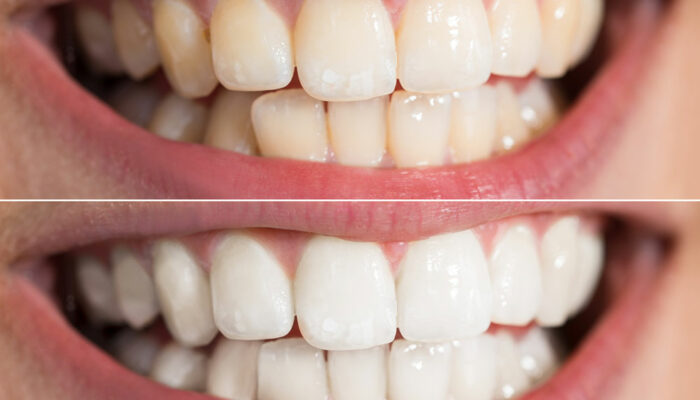
Pseudobulbar Affect: Symptoms, Causes, and Treatments
Pseudobulbar affect (PBA) is a condition that affects the nervous system by disrupting the brain’s ability to control emotions. It is often characterized by sudden pathological crying or laughing due to emotional dysregulation. With this condition, you lose voluntary emotions and response control. Pseudobulbar affect is often mistaken for psychological conditions like bipolar disorder and depression that are also linked to emotional incontinence.
1. Causes of PBA
Medical statistics show that two to seven million people in the U.S are living with pseudobulbar, although the severity differs. Symptoms of pseudobulbar affect may also be caused by neurological disorders such as:
- Epilepsy
- Alzheimer’s disease
- Parkinson’s disease
- Multiple sclerosis
- Brain tumor, and
- Traumatic brain injury
Scientists believe pseudobulbar occurs due to dysfunctional neurotransmitters like glutamate and serotonin. PBA also has symptoms similar to those of dementia or memory loss, psychological problems often caused by brain injury/damage.
2. Common symptoms of pseudobulbar affect
The symptoms of PBA affect the emotions and are characterized by the following symptoms:
- Facial expressions that don’t match emotions: Pseudobulbar affect may cause you to smile when you should be sad/angry or express shock in a simple situation that doesn’t require such a reaction.
- Sudden uncontrolled fits of crying or laughter: Pseudobulbar affect causes inappropriate crying or sudden laughter outbursts, usually after a triggering experience. A person with PBA may start to laugh without reason or cry depending on the current experience. This symptom may appear in the appropriate time or inappropriately depending on the trigger factor. You may be happy one minute, and the next you begin to cry uncontrollably. The switch from sadness to laughter or vice versa is due to sudden emotional changes that occur as quickly as a seizure.
- Crying or laughter that doesn’t suit the situation: Pseudobulbar affect may cause uncontrollable laughing in a situation that would otherwise require you to express sadness. You may also be angry and suddenly begin to laugh nonstop.
- Outbursts of frustration and anger: If you are anxious about something and you have the pseudobulbar affect, you may feel frustrated and begin to cancel plans. You may be out with family or friends and suddenly feel angry with someone or something inappropriate.
3. Treatment for PBA
Pseudobulbar affect is often hard to diagnose since it imitates the effects of other neurological or mood disorders. So, if you find yourself laughing, crying, or feeling frustrated over nothing,
be sure to seek medical assistance from a certified professional for possible treatment.
If you are a patient with pseudobulbar affect, you might feel frustrated by the emotional transformation that is likely affecting your quality of life. The treatment for patients with PBA may include therapy, which may be challenging due to the emotional toll it may take on you. Doctors also often recommend antidepressants, such as tricyclic antidepressants (TCAs) and selective serotonin reuptake inhibitors (SSRIs), as well as Dextromethorphan hydrobromide and quinidine sulfate (Nuedexta), which can help reduce the frequency and severity of your PBA episodes.



